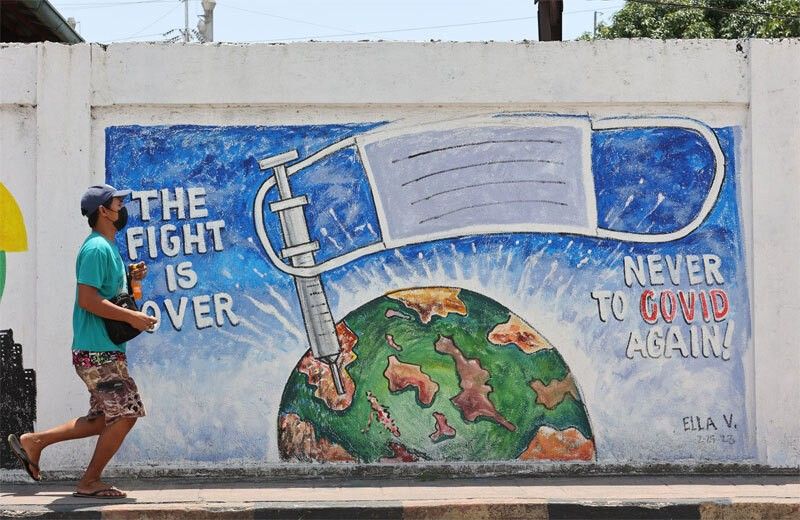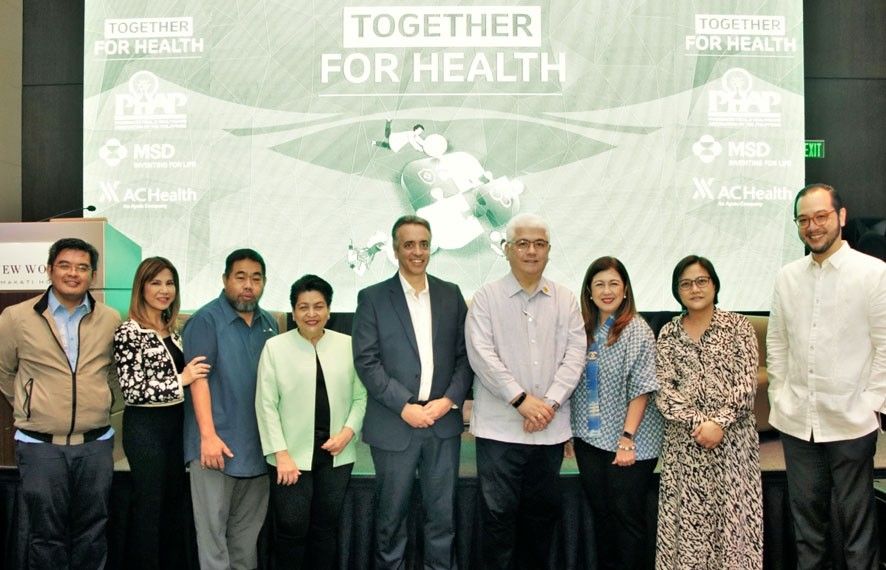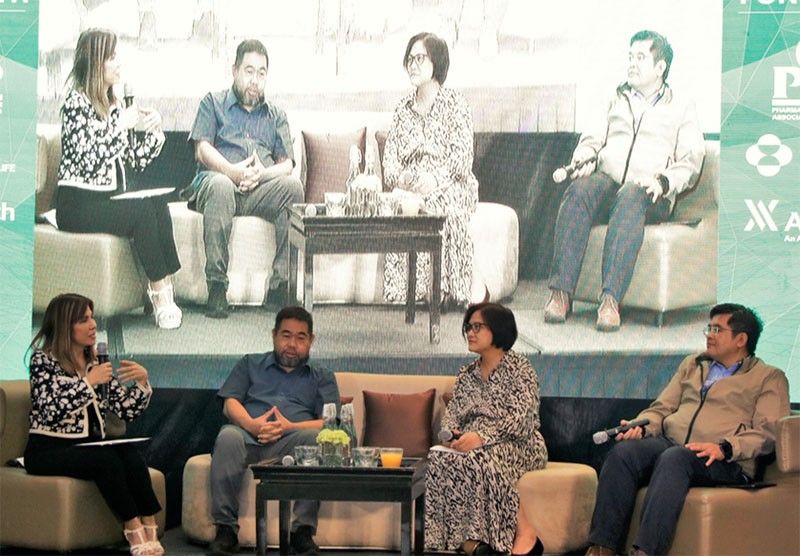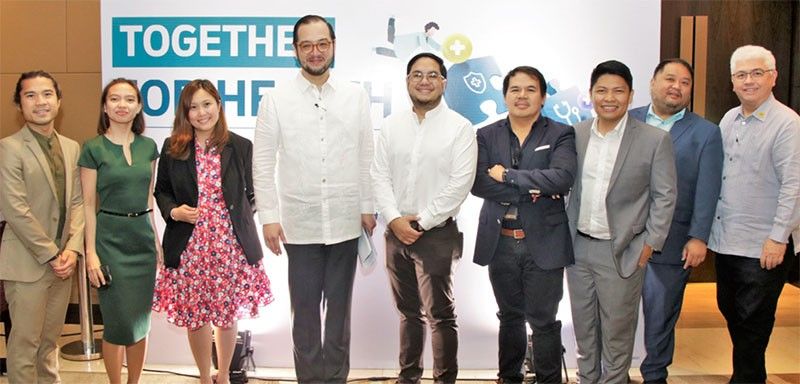'Together for health': How the Philippine healthcare system is moving forward after COVID-19


As a health and public service advocate, attending health events is something that I personally value for two reasons. One, this is an opportunity for me to hear firsthand the developments in the health sector and to have access to life-saving and empowering information that I can share with our kasambuhays to keep their families healthy. Two, it’s inspiring to see the different sectors gathered together in one room, working as one and discussing how to improve the healthcare system and find ways to meet the needs of Filipino patients, especially our indigent kababayans.
So I feel honored to have been invited as host of the first media enablement session organized by the Pharmaceutical Healthcare Association of the Philippines (PHAP), MSD Philippines, and AC Health titled “Together for Health,” whose objectives were to deepen journalists' understanding of relevant healthcare issues and to promote health literacy. I’m grateful that the organizers recognize the vital role of media in informing, educating, and guiding Filipinos, especially in times of crises.
The recent COVID crisis was certainly a time of awakening and enlightenment for many sectors. There have been a lot of learnings and realizations, so the said event served as an opportunity to discuss these as well.

As what Andreas Riedel, President and Managing Director of MSD in the Philippines, said in his remarks, the COVID-19 pandemic has been one of the most disruptive global health crises we’ve experienced. It has radically altered how we work together as a community, in more ways than one.
“It has changed how governments respond to health emergencies, how public health policies were crafted and implemented at unprecedented speeds, particularly on health surveillance and immunization,” he says. The medical community went above and beyond in finding solutions and risking their safety for all. It prompted industries to respond to what became the “new normal”—from speed of research, innovation in operations, marketing and supply chain management, especially for healthcare providers.
Riedel observed how patient groups and advocates learned to organize, collaborate and fight disinformation. It made concerned groups realize how data gathering, analytics, and effective public communication could literally spell life or death, as it influenced action or inaction, at a time of great uncertainty.

According to Paolo Borromeo, President of AC Health, the pandemic exposed major challenges in the system and “underpinned the importance of investing in healthcare.”
From a patient group perspective, Karen Villanueva, President of the Philippine Alliance of Patients Organization (PAPO) said “COVID has shown that the process can be accelerated. We hope the same can be done for other medicines, especially for rare diseases and cancers.”
During the forum, the panelists emphasized that improving access to healthcare leads to better health outcomes, prevention and treatment of illnesses, and improving the quality of life. Furthermore, it can reduce healthcare costs by providing preventive care and early treatment, reducing the need for more expensive medical interventions later on.
Riedel points out that a lot of work has to be to be done to turn DOH’s “Healthy Pilipinas” vision into a reality. “We need to push for access to quality health services and treatment for all Filipino patients, regardless of socio-economic status,” he points out. “We need to explore strategic tactics for moving forward in the pandemic recovery period, including continuing investments in healthcare, as well,” he says.
Dr. Maria Minerva Calimag, President of the Philippine Medical Association (PMA) stresses the importance of strengthening the primary care facilities that we have at the grassroots level so that despite whatever challenges we have in the health system, people have the nearest facility to go to.
The forum recognized the role of media in informing and educating Filipinos, especially in times of crisis, and highlighted three areas that need attention—vaccine hesitancy and misinformation, access to quality health services, and strategic tactics for pandemic recovery.
As a journalist and health advocate, I believe one of the things that the pandemic taught the media is to be introspective — to learn to re-assess ourselves as individuals and as institutions. It taught us to evolve and to pivot. My desire to bring my advocacies to the digital platform allowed me to enhance the way I produce and deliver news and information, to make them more relatable, informative, and relevant to my different target audiences.

We need to work together to fight disinformation and improve public communications and health reporting. We need to help the public, especially our poor kababayans, understand how to access government programs and public funds to protect their health and find treatment. There is a need for media to be empowered with medical knowledge, thus, the importance of media enablement sessions and workshops.
It is the media’s responsibility, not just to make people aware and open the discourse on healthcare issues, but also to facilitate, encourage, and most importantly, urge everyone to take action and be responsible in promoting and uplifting the country’s healthcare system.
Riedel puts it succinctly: “Having gone through COVID together, we have to move forward, with a common resolve to shape a better future for health care, applying that heightened level of compassion, commitment, and conviction to find solutions for current and future challenges of our Filipino patients.”
----
Watch Pamilya Talk on Facebook, YouTube and Kumu (@JingCastaneda – 12:00 noon – 1:00 p.m. Monday & Wednesday). You can also follow my social media accounts: Instagram, Facebook, YouTube, Tiktok, Twitter and Kumu. Please share your stories or suggest topics at editorial@jingcastaneda.ph.

















